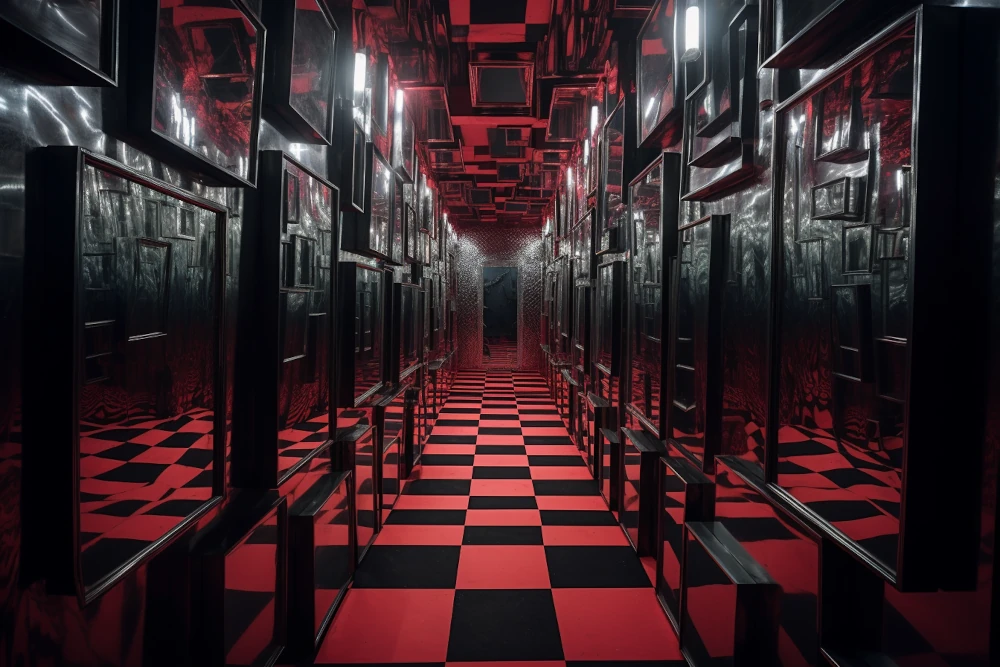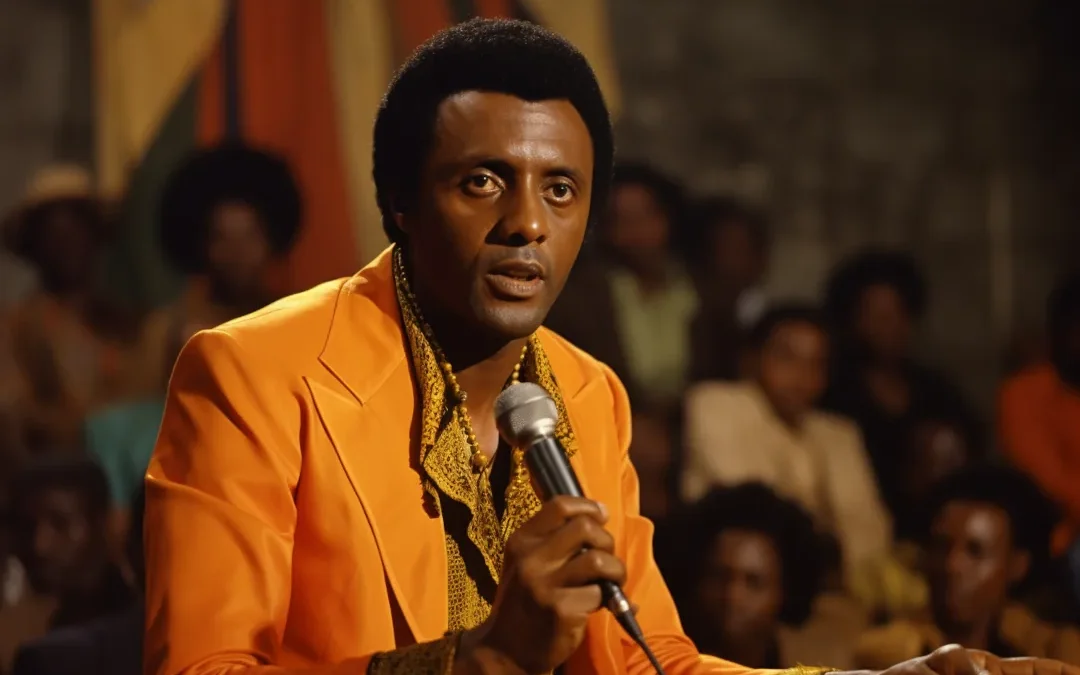I finally got around to watching Todd Phillips’ Joker after taking a long hiatus from superhero films because of the disastrous The Dark Knight Rises. Obviously that means I have missed the bulk of superhero films produced during the era of one big budget superhero film after another, but I don’t believe that I missed anything of great value. This film caught my attention because of the interesting pairing of Joaquin Phoenix and Todd Phillips, as well as the Oscar buzz it generated. Using a superhero franchise as a foundation for a drama sounded risky but Christopher Nolan’s The Dark Knight had already demonstrated the dramatic potential of the Batman franchise and the ability to turn the Joker into a truly showstopping character.
Any movie connoisseur will immediately pick up on the many parallels to Martin Scorsese’s Taxi Driver. It would surprise me if any review of Joker abstained from drawing this comparison. Everything from the plot to the setting to the cinematography functions as an homage to Scorsese’s classic film. It even includes Robert DeNiro. Both films depict a mentally unwell loner driven to violence by a city that exacerbates his insanity rather than providing any sort of meaningful safety nets. Thus the violence of the city perpetuates more violence.
Joaquin Phoenix does an excellent job of portraying the title character as genuinely insane but, unlike Heath Ledger’s performance in The Dark Knight, Phoenix compels the audience to empathize with his character rather than fear him. Like DeNiro’s performance in Taxi Driver, we pity the protagonist and, while not excusing his violent behavior, we understand it. In both films society functions as the primary antagonist force. Because many of the best parts of Joker are pulled directly from Taxi Driver, it makes for a rather bittersweet experience. Sweet because it steals from an excellent film, but bitter because if you’ve seen Taxi Driver, you’ve seen this film before. It’s like watching a film and realizing within the first fifteen minutes that it’s a recycled Shakespeare plot and you know exactly what will happen.
While Phillips’ reliance on Taxi Driver may be viewed as a crutch, he does not do the same with the Batman franchise itself. Many superhero movies are crippled by an over-reliance on the source material. Either the audience must be intimately familiar with the franchise or the filmmakers must spend the majority of the movie establishing the superhero’s world and its constraints. This results in lengthy exposition and scenes that do little to advance the plot. In Joker, one can enjoy the film without any knowledge of Batman. If Phillips had failed to secure the rights to the franchise he could have just as successfully made this film by changing the names of Joker and the Wayne family. This film works even for those who dislike superheroes.
In fact, those who dislike superhero films might find the film refreshing in that it functions as a direct rebuke of its source material. As someone who finds the entire concept of superheroes problematic, I find these types of takes refreshing. Alan Moore’s Watchmen, for instance, or the excellent Amazon Prime series, The Boys. Superhero tales present worlds in which justice and retribution are synonymous. The Batman franchise depicts a particularly ruthless variant of this formula where the audience cheers as the hero brutalizes bad guys. Criminals, whatever their motivations, are scum that must meet justice in the form of Batman’s fists.
The problem with this worldview is the fact that all the major “supervillains” vanquished by Batman end up in Arkham Asylum because they’re “criminally insane.” By painting these institutionalized characters as irreparable banes to society, the Batman stories effectively stigmatize mental illness and dehumanize those who suffer from its effects. The causes of crime are ignored, as are the failed social institutions that allow sufferers of mental illness to pose a danger to themselves and others. That Batman has billions of dollars at his disposal yet believes that engaging criminals in fisticuffs will solve Gotham’s crime problem demonstrates his shortsightedness. In fact, he may just be perpetuating the violence he seeks to eliminate. At the end of Nolan’s Batman Begins, Gary Oldman’s Jim Gordan warns Batman about “escalation,” where criminals become increasingly destructive to match Batman’s firepower. But neither Batman Begins nor its sequel about escalation, The Dark Knight, seriously explore the social dysfunction that cultivates crime. Nolan’s Joker, as an inexplicable monster who “just wants to watch the world burn,” functions to justify moral compromises made by Batman.
Phillips’ Joker fills in the holes missing from the rest of the Batman franchise by presenting a plausible reason for the titular character’s desire to burn the world down. Considering that this implicitly dissolves Batman’s status as “hero,” it’s surprising that D.C. Comics went along with the plan (I’m sure money had everything to do with it). Most importantly, we see how the Wayne family’s sense of tycoon paternalism is counterproductive and leads to the city devolving into chaos. Poverty and a lack of medical care lead to the Joker’s downward spiral. His mother, who also suffers from mental illness, persistently sends letters to her former employer, Thomas Wayne, begging for financial assistance. Wayne could easily help but instead ignores her letters and pursues political power he promises to use to assist the impoverished city. What Wayne fails to realize is that the class disparities reflected by his very existence drive the crime and social unrest he seeks to eliminate. Like his son, who will later become Batman, Wayne’s inability to understand the challenges of the poor make him incapable of truly helping them.




